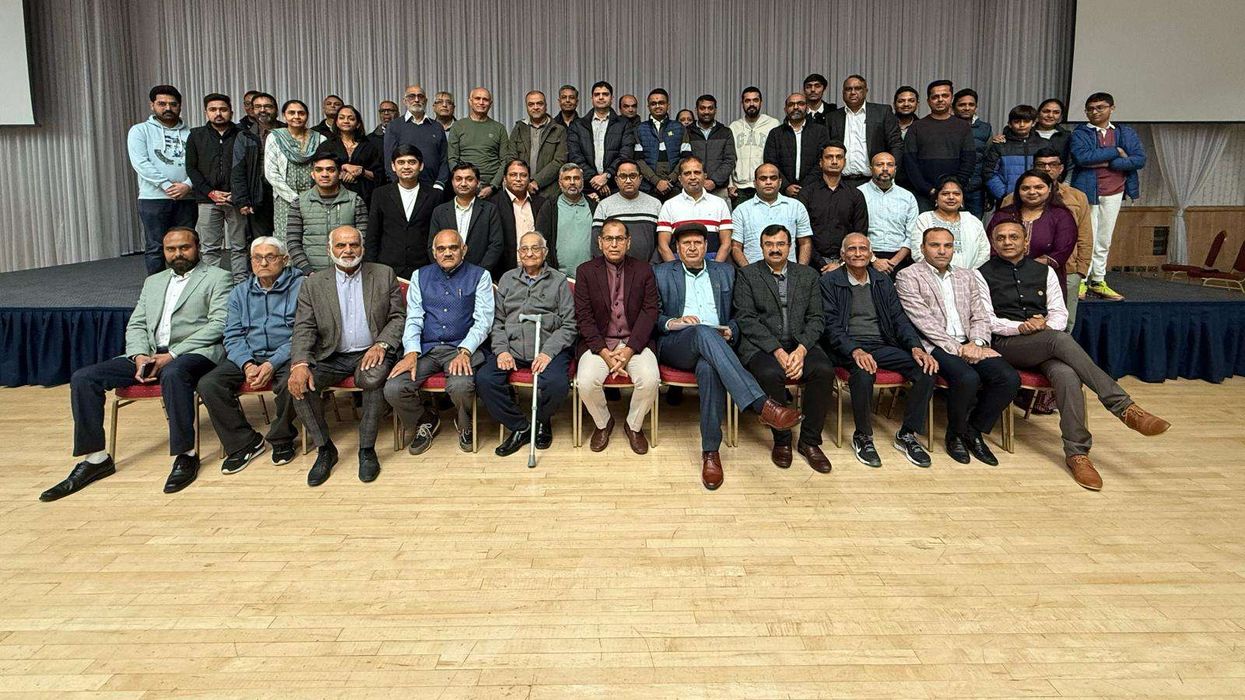THOUSANDS of people rallied in the UK capital in solidarity with Ukraine following Russia's invasion, as London's mayor stepped up criticism of the government's response to the refugee crisis.
Following a call from the mayor Sadiq Khan for a demonstration of "solidarity with Ukraine", crowds marched through the city centre to Trafalgar Square for a mid-afternoon vigil and speeches Saturday (26).
Those present held banners reading "stop (Russian President Vladimir) Putin's war", "no fly zone" and "solidarity with Ukraine" as they chanted slogans and sang.
"We want the people of Ukraine to know that in their darkest hour, they are not alone," Khan told Sky News as the demonstrators gathered.
The Labour mayor said he was "embarrassed" by the Ukrainian refugee policies of Britain's Conservative government when speaking to political leaders in European countries, which are accepting far more and quicker.

"There's a disconnect between the generosity shown by Londoners and Brits across the country, and the actions of our government," he added.
"The complex visa forms, the delays, the red tape, make it really hard."
Over 3.7 million Ukrainians have fled the country during Russia's month-long invasion, according to the United Nations, including 1.5 million children.
The UK has faced criticism over its refugee policy as many Ukrainians have been forced to jump through bureaucratic hoops and travel long distances within Europe to get visas.
The government has launched a "Homes for Ukraine" scheme, but it only allows applications from those who have named people in Britain willing to sponsor them.
More than 150,000 people have registered an interest in hosting through the programme, which opened to applicants a week ago, but it is taking time to match them up.
Critics have said it is too slow, bureaucratic and arduous to match applicants with homes.
Officials said this week they have issued 18,600 visas under separate provisions for Ukrainians with relatives already in the UK, with 34,500 applications submitted.
But the paltry numbers are dwarfed by other countries in Europe, some of which have taken in hundreds of thousands of refugees fleeing the war.
Poland, which borders Ukraine, has accepted more than two million people fleeing the Russian invasion.
Zenadin Tkalenko, 43, living in south London but originally from Kyiv, was among those to turn out in London.
"My country is under attack, the UK I hope can help," she said. "This is a big country and it needs to help."
(AFP)














